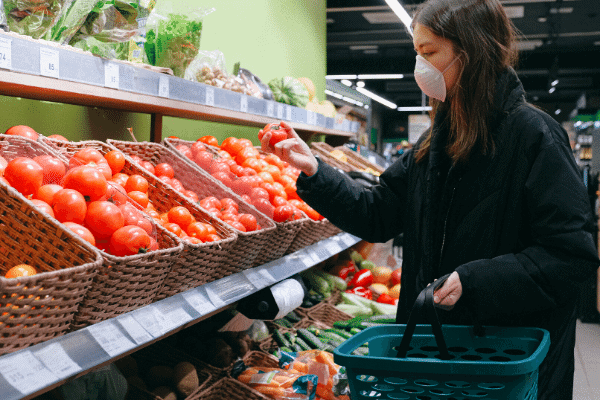By Angela Rossetti, Lorraine Marchand, and Cecily Tyler
In late April, a female physician, the Clinical Director of an emergency room at a New York hospital who had treated hundreds of Covid-19 patients, took her own life. On the pandemic front lines, she was a medical survivor of the virus. What she could not survive was the emotional trauma, an often unaddressed side effect of the pandemic.
Women make up 80% of all healthcare workers according the American Medical Association. They are physicians, nurses, phlebotomists, x-ray technicians, housekeepers, and many others who perform vital functions to care for the suffering. Many of these women are also simultaneously serving as educators to their children, personal chefs to their families, physical education coordinators for their household, amateur psychologists, and so many other roles that were handled by other professionals, pre-pandemic.
All of these women are vulnerable to overwhelming stress. Some healthcare workers, pushed to the brink at work and at home, may be at serious risk for depression, anxiety and the sentiment that they can no longer cope.
On April 10, JAMA Psychiatry warned of the increased risk of suicide in the time of CV-19, calling the risk a perfect storm of economic, psychosocial and health-associated risk factors.
On May 27, JAMA Psychiatry issued an imperative for psychiatrists to act now.
Healthcare professionals may face an additional risk: moral injury. The rationing of respirators and staff to treat seriously ill patients, and worse, watching many of those patients die, may have lasting consequences on physicians, nurses, therapists and others. This effect, similar to that seen in soldiers who have witnessed death due to brutality or powerlessness created in times of war, can take a serious toll all healthcare workers, not just women. But women who are already juggling multiple caregiving roles outside of medicine, may be at risk of suffering disproportionately.
Beyond healthcare workers, all women without financial resources, sufficient emotional support or adequate time to care for their own physical and spiritual needs suffer. For a woman who is unemployed and financially insecure, the stress of this pandemic may be particularly dangerous. She may be a single parent or married and caring for a war-injured husband, or a newly laid off immigrant housekeeper with a language barrier and no back up plan. She may be a woman forced to live with an abusive partner because there is nowhere else to go.
Women—health professionals or not—may now be forced to make morally challenging decisions that may harm them: risking their marriages or their jobs because they choose caregiving or living in fear for their own well-being in order to shelter a child. CV-19 is making it imperative that the stresses long specific to women are recognized and addressed. Putting one’s own life at risk for the sake of others is necessary, ultimately noble, but can be insidiously dangerous. As a society, we can better support the women who support us. Actively listen to women, seek to be a consistent source of comfort, guide them to external resources. Helping women stay healthy and safe helps us all.
Resources:
Sanctuary for Families
Brooklyn Family Justice Center
Angela Rossetti is an Adjunct Assistant Professor at New York Medical College
Lorraine Marchand is an Adjunct Professor at Columbia Business School and Yeshiva University
Cecily Tyler is a Filmmaker and Fellow and Instructor at Harvard Kennedy School of Government Ash Center for Democratic Governance and Innovation
Ms. Rossetti, Ms. Marchand and Ms. Tyler are all part of Stop COVID 19 Special Operations Group, started by a group of healthcare executives to accelerate the deployment of solutions and technologies against the COVID-19 pandemic and its consequences. Recent events have highlighted the tens of thousands of unseen front-line workers and volunteers that provide support to marginalized communities. The reality is that many of these heroes do not have the basic personal protective equipment. Stop COVID 19 Special Operations Group is focused on supporting these unseen front-line workers and helping them complete their missions of improving the lives of others, critical in times like today.
The Editorial Team at Healthcare Business Today is made up of skilled healthcare writers and experts, led by our managing editor, Daniel Casciato, who has over 25 years of experience in healthcare writing. Since 1998, we have produced compelling and informative content for numerous publications, establishing ourselves as a trusted resource for health and wellness information. We offer readers access to fresh health, medicine, science, and technology developments and the latest in patient news, emphasizing how these developments affect our lives.








